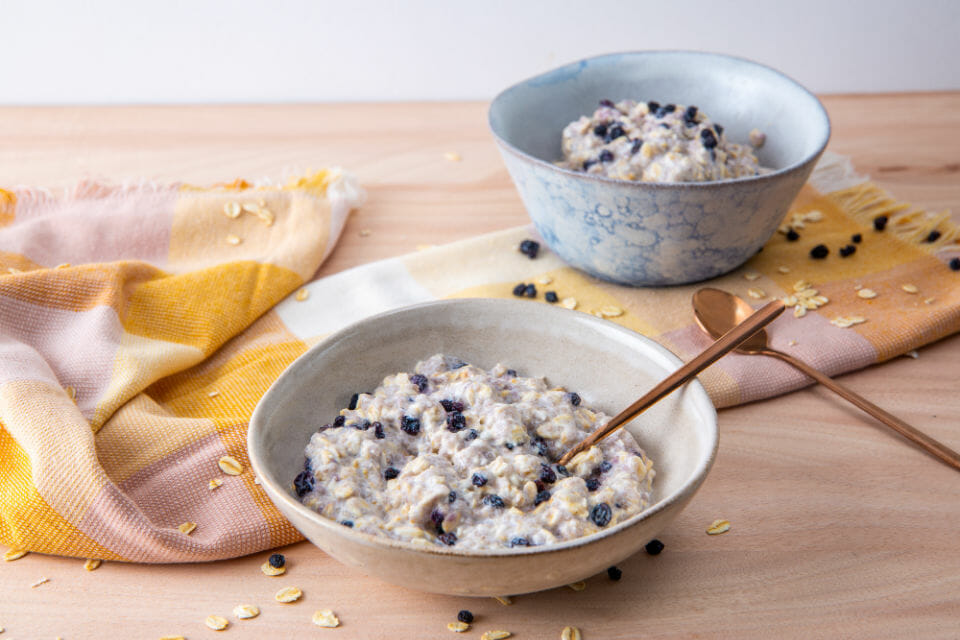![]()
Everything you need to know about menopause

On average, most women develop menopause around the age of 51, and symptoms usually occur four years before their last period.
Meanwhile, perimenopause is the transitional time before menopause, and usually occurs eight years before menopause -but can occur from mid-30s.
For some women, this phase only lasts a short amount of time; however, for some it can last four to eight years.

During this time, the ovaries begin producing less hormones, so mensuration can become irregular. Perimenopausal women can develop symptoms such as hot flushes, irregular periods, heavier periods, lighter periods, night sweats and flushing.
Not experiencing menstruation for 12 months is an indication that menopause has begun, whereas unpredictable menstruation is more commonly associated with perimenopause.
Symptoms of menopause

The most common symptoms of menopause are hot flushes, which occur in around 75 per cent of women who go through menopause.
Other symptoms include:
- Weight gain
- Depression and anxiety
- Reduced bone and muscle mass
- Vaginal dryness
- Headaches
- Reduced libido
- Poor concentration & memory
- Increased urination and urinary tract infections
- Dry skin
- Tender breasts
- Stiff joints
- Thinning hair
- Increased heart rate
- Increased facial, chest and neck hair
Tips for alleviating symptoms include wearing loose, light clothing to avoid excess heat when hot flushes occur and carrying a manual hand fan; and exercising for at least 20 to 30 minutes per day as exercise is also associated with improved sleep, increased energy and a better mood.
How eating a healthy diet can help improve the symptoms

Depression, insomnia, anxiety and general sadness should be addressed with your GP, or a psychologist or counsellor. Eating a balanced diet that specifically addresses the symptoms of menopause is paramount.
The following are foods to include in your diet:
Chia seeds are a source of omega-3s, which reduce depression and anxiety.
Oatmeal, which is slow burning, will keep you running all morning and prevent you from crashing and feeling fatigued and hungry.
Kefir has been shown to assist with anxiety and decrease depression. It is rich in tryptophan, which assists with sleep.
Tart cherry juice contains tryptophan, which helps the body produce melatonin, and a good amount of melatonin itself, the sleep hormone that helps the body transition to sleep. Studies suggest that consuming tart cherry juice leads to better and longer sleep.
Dark leafy greens are high in magnesium, which is a great mineral to assist with heartbeat regulation and sleep. Fresh vegetables contain plenty of antioxidants that protect our cells from damage due to free radicals, and can help maintain a healthy weight.
Fatty fish contain fatty acids, which can help regulate blood pressure, which in turn can help to control hot flushes. Fatty fish are also high in vitamin D, which is helpful for bone health and mood.
According to ancient Chinese medicine, apples, spinach, broccoli, eggs and green tea are cooling foods that can help cool you down.
Try these two recipes from the Wellness App to help alleviate menopause symptoms
Turmeric Cauliflower with Grilled Salmon

Blackcurrant, Oats & Chia Seeds

Get Access to More Hormone Balancing Recipes and Gentle Yoga workouts in the Healthy Mummy Wellness App

The Healthy Mummy Wellness app is built to support mums’ mental, physical and social wellbeing. We have expert advice to help mums makeover their minds, transform their mood, manage their hormones, sleep better and engage with their family. You can listen to podcasts, read blogs, work out with our trainers and find healthy, family-friendly recipes from the palm of your hand.


